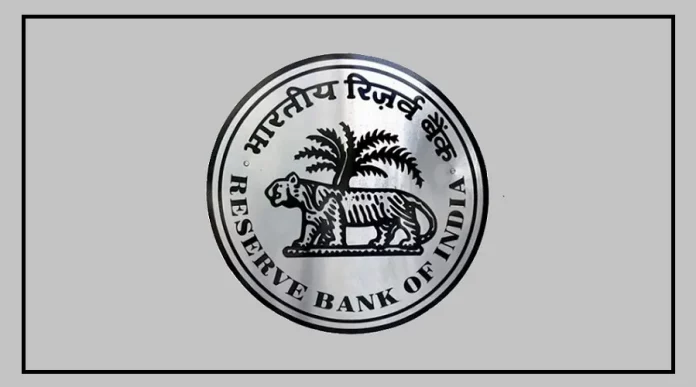In a bid to bolster transparency in loan agreements, the Reserve Bank of India (RBI) has expanded the applicability of the Key Fact Statement (KFS) for all retail and micro, small, and medium enterprises (MSME) term loan borrowers.
This move aims to ensure borrowers have a clear understanding of crucial loan terms.
What is the KFS Rule?
The KFS is a standardized document that outlines key points of the loan agreement in a simplified language, facilitating comprehension for borrowers.
With the recent directive from the RBI, all retail and MSME loan borrowers will now receive a KFS along with their loan agreement.
Circular Issued: Regulating Fees and Charges
Under the new RBI instructions, banks are prohibited from levying additional fees without explicit consent from the borrower, especially for transactions not detailed in the KFS.
The circular emphasizes that any undisclosed charges during the loan tenure cannot be collected from borrowers through regulated entities.
Loan Payment Clarity: APR and Repayment Schedule
The updated KFS will include Annual Percentage Rate (APR) calculations and a repayment schedule, providing borrowers with clear insights into how the loan will be repaid over time.
This initiative aims to empower borrowers to make informed financial decisions.
Unique Proposal Number and Validity Period
The KFS will feature a unique proposal number and will be valid for a specified duration based on the loan term, ensuring clarity and accountability.
Additionally, fees such as insurance or legal charges, administered through third-party services, will be incorporated into the APR and disclosed separately.
Exemptions and Applicability
These regulations are applicable to loans obtained from regulated entities, excluding loans acquired through credit cards, as specified by the RBI.
The extension of the KFS rule underscores the RBI’s commitment to enhancing transparency and consumer protection in the banking sector, ultimately fostering trust and confidence among borrowers.
